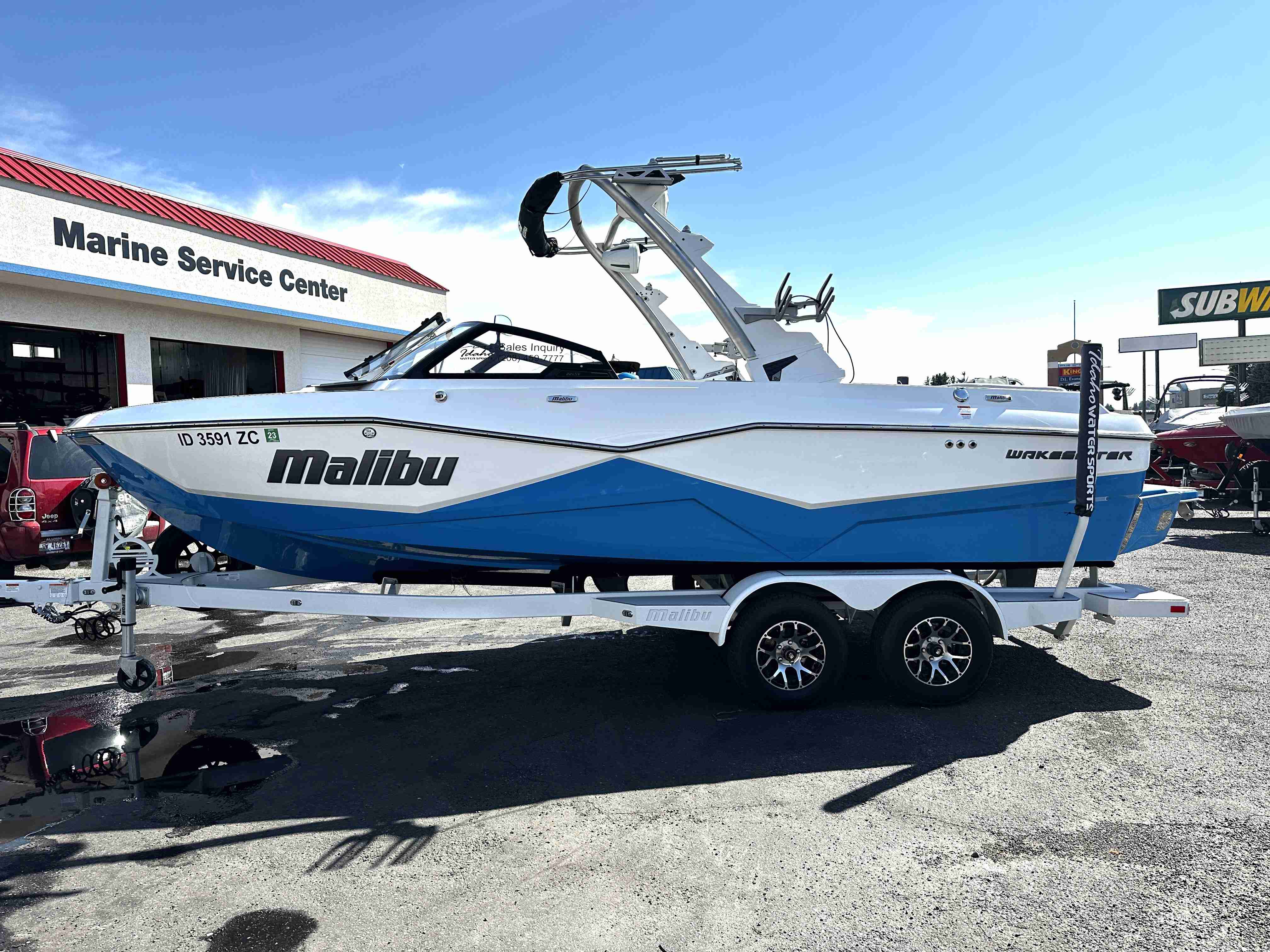
5 Common Mistakes to Avoid When Changing the Oil in Your Boat
5 Common Mistakes to Avoid When Changing the Oil in Your Boat
Hello there fellow boat enthusiasts! If you're gearing up to change the oil in your boat, you've come to the right place. While regular maintenance is key to keeping your vessel running smoothly, it's important to be mindful of the common mistakes that can occur during this process. Steering clear of these blunders will not only help you to extend the life of your boat but also save you from costly repairs down the line. So, grab a cup of coffee and let's dive into the top 5 mistakes to avoid when changing the oil in your boat!
Mistake 1: Using the Wrong Oil
The type of oil you use in your boat is crucial to its overall performance. Using the wrong oil can lead to increased wear and tear on your engine, potentially causing irreversible damage. Always consult your boat's manual or a professional to determine the correct oil viscosity and specifications that are best suited for your specific engine.

Mistake 2: Overlooking the Oil Filter
Changing the oil is not just about replacing the oil itself; it also involves replacing the oil filter. Neglecting to change the oil filter can result in contaminated oil circulating through your engine, which can lead to engine failure. Make sure to always replace the oil filter when changing the oil and dispose of the old filter properly.
Mistake 3: Failing to Properly Dispose of Used Oil
Improperly disposing of used oil is not only harmful to the environment but may also result in legal consequences. Always ensure that you dispose of used oil at designated collection centers or recycling facilities. Never dump used oil into the water, soil, or regular trash.
Mistake 4: Neglecting Additional Maintenance Tasks
While changing the oil is a significant part of maintaining your boat, it's vital to address other maintenance tasks simultaneously. This includes inspecting the fuel and water filters, checking for any leaks, and inspecting the overall condition of the engine. By overlooking these tasks, you might miss potential issues that could escalate into more significant problems over time.
Mistake 5: Rushing the Process
Patience is key when it comes to changing the oil in your boat. Rushing through the process can lead to careless mistakes and oversights. Take your time to drain the old oil completely, properly tighten the drain plug, and fill the engine with the correct amount of new oil. Rushing can lead to incomplete maintenance and potential damage to your boat's engine.
By steering clear of these common mistakes, you'll be well on your way to maintaining a healthy and efficient boat engine. Remember, attentive maintenance not only prolongs the life of your boat but also ensures a smooth and enjoyable boating experience. So, go ahead and give your boat the care it deserves, and happy sailing!











